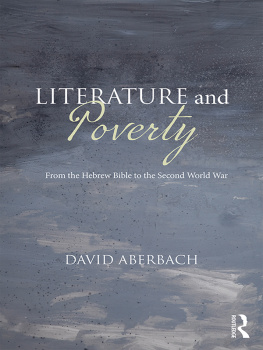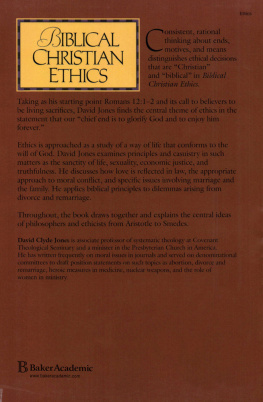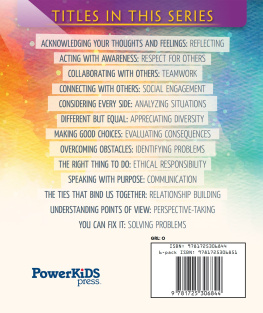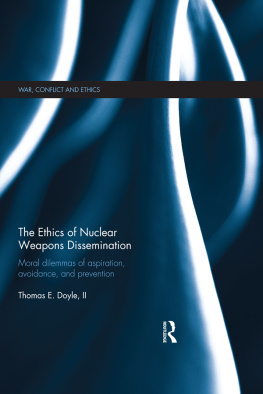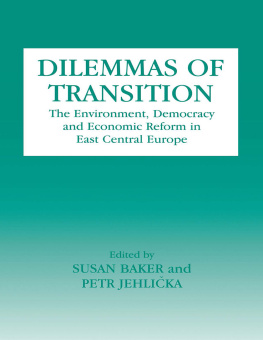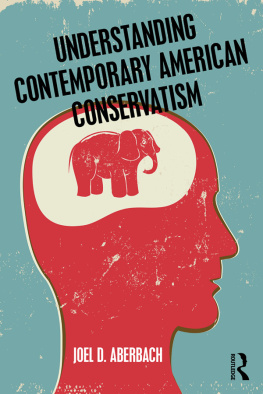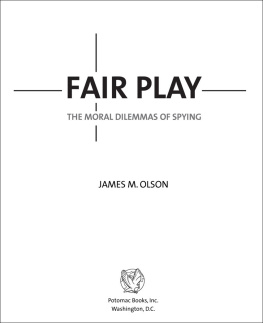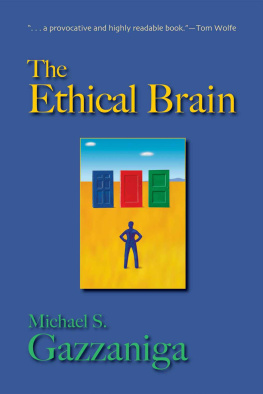The Environment and Literature of Moral Dilemmas
Exploring the literature of environmental moral dilemmas from the Hebrew Bible to modern times, this book argues the necessity of cross-disciplinary approaches to environmental studies, as a subject affecting everyone, in every aspect of life.
Moral dilemmas are central in the literary genre of protest against the effects of industry, particularly in Romantic literature and Condition of England novels. Writers from the time of the Industrial Revolution to the presentincluding William Blake, Elizabeth Gaskell, Charles Dickens, mile Zola, Henrik Ibsen, Anton Chekhov, T.S. Eliot, John Steinbeck, George Orwell, and J.M. Coetzeefollow the Bible in seeing environmental problems in moral terms, as a consequence of human agency. The issues raised by these and other writers including damage to the environment and its effects on health and quality of life, particularly on the poor; economic conflicts of interest; water and air pollution, deforestation, and the environmental effects of warare fundamentally the same today, making their works a continual source of interest and insight.
Sketching a brief literary history on the impact of human behavior on the environment, this volume will be of interest to readers researching environmental studies, literary studies, religious studies and international development, as well as a useful resource to scientists and readers of the Arts.
David Aberbach is Professor of Hebrew and Comparative Literature, McGill University, Montreal, Canada and Honorary Visiting Associate at the Environmental Change Institute, Oxford, UK. His books include, Surviving Trauma: Loss, Literature, and Psychoanalysis (1989); Charisma in Politics, Religion and the Media (1996); National Poetry, Empires and War (2016), and Nationalism, War and Jewish Education (2018).
Routledge Jewish Studies Series
Series Editor: Oliver Leaman, University of Kentucky
Jewish Studies, which are interpreted to cover the disciplines of history, sociology, anthropology, culture, politics, philosophy, theology, religion, as they relate to Jewish affairs. The remit includes texts which have as their primary focus issues, ideas, personalities and events of relevance to Jews, Jewish life and the concepts which have characterised Jewish culture both in the past and today. The series is interested in receiving appropriate scripts or proposals.
Titles include:
Deconstructing the Talmud
The Absolute Book
Federico Dal Bo
The Divine in Modern Hebrew Literature
Neta Stahl
The Holocaust in Thessaloniki
Reactions to the Anti-Jewish Persecution, 1942-1943
Leon Saltiel
Birth-Throes of the Israeli Homeland
The Concept of Moledet
David Ohana
The Philosophy of Joseph B. Soloveitchik
Heshey Zelcer and Mark Zelcer
Israeli Theatre
Mizrahi Jews and Self-Representation
Naphtaly Shem-Tov
The Environment and Literature of Moral Dilemmas
From Adam to Michael K
David Aberbach
For more information about this series, please visit: https://www.routledge.com/middleeaststudies/series/JEWISH
The Environment and Literature of Moral Dilemmas
From Adam to Michael K
David Aberbach
First published 2022
by Routledge
2 Park Square, Milton Park, Abingdon, Oxon OX14 4RN
and by Routledge
605 Third Avenue, New York, NY 10158
Routledge is an imprint of the Taylor & Francis Group, an informa business
2022 David Aberbach
The right of David Aberbach to be identified as author of this work has been asserted by him in accordance with sections 77 and 78 of the Copyright, Designs and Patents Act 1988.
All rights reserved. No part of this book may be reprinted or reproduced or utilised in any form or by any electronic, mechanical, or other means, now known or hereafter invented, including photocopying and recording, or in any information storage or retrieval system, without permission in writing from the publishers.
Trademark notice: Product or corporate names may be trademarks or registered trademarks, and are used only for identification and explanation without intent to infringe.
British Library Cataloguing-in-Publication Data
A catalogue record for this book is available from the British Library
Library of Congress Cataloging-in-Publication Data
Names: Aberbach, David, 1953- author.
Title: The environment and literature of moral dilemmas: from Adam to Michael K/David Aberbach.
Description: Abingdon, Oxon; New York, NY: Routledge, 2021. |
Series: Routledge Jewish studies series | Includes bibliographical references and index.
Identifiers: LCCN 2021000280 (print) | LCCN 2021000281 (ebook)
Subjects: LCSH: Environmental ethics. | Environmental ethicsBiblical teaching. | Environmental responsibilityReligious aspects.
Classification: LCC GE42 .A24 2021 (print) | LCC GE42 (ebook) | DDC 179/.1dc23
LC record available at https://lccn.loc.gov/2021000280
LC ebook record available at https://lccn.loc.gov/2021000281
ISBN: 978-0-367-77087-7 (hbk)
ISBN: 978-0-367-77090-7 (pbk)
ISBN: 978-1-003-16973-4 (ebk)
Typeset in Times New Roman
by Deanta Global Publishing Services, Chennai, India
Contents
This book aims to show that current environmental moral concerns are not new: they are found in literature since the time of the Hebrew Bible, but particularly after 1789. Environmental science is recentthe two centres of environmental study with which I am affiliated, at McGill University, Montreal, and the Environmental Change Institute, Oxford University, were founded in 1991 and 1987, respectively; and popular scientific awareness of environmental dilemmas owes much to post-1945 works such as William Vogts Road to Survival (1948) and Rachel Carsons Silent Spring (1962) but, as this book shows, concern for the environment has always been part of everyday life. As the Bible has been for centuries in the forefront of civilization, biblical love of the earth and concern for its welfare are part of the fabric of literature.
Although the Hebrew Bible was created in a theological worlda leaky boat of unique imperfect monotheism manned by the crooked timber of humanity in a stormy sea of paganism in the 1st millennium BCEits stories, poetry, history, proverbs and songs were mostly not written (or passed down in oral traditions) as theological works intended for sacred use in houses of worshipthe ultimate fate of the Bible after its books were collected in a canon. In the Bible the natural world is seen through the awe and wonder, fear and hope, of individuals, chiefly in poetry. This is why the Hebrew Bible has had such profound influence on poets, from Beowulf to Dylan Thomas.
Awe and humility in the face of creation and the power of nature, the admiration and love of the natural world, have always been vital in human life: in pre-historic myth, in local and international religions, in the teachings of the Church, in the attraction of clergymen to natural history, to the study of birds and beasts, botany, geology, astronomy, and biology, which in turn evolved into scientific disciplines independent of the Church. The Industrial Revolution pushed environmental dilemmas to the foreground in literature and the arts, and to an unprecedented degree in legislation.
* * * *
The Bible is a picture of life on earth before industrial human destruction of the ecosystems on which life depends, yet it clearly warns that human behavior can damage life-support systems. The Bible opens with a lost Eden, and tells again and again of how human beings destroy their own habitats, particularly in war. The Bible does not diminish human evil. To the contrary, it insists that human beings will destroy themselves unless they accept moral responsibility for their actions. The corruption of the human heart leads inevitably, in the biblical view, to environmental disaster. This book shows that although this view is strongly identified with monotheism, it is in fact common in secular literature, even among writers such as Dickens, Zola, Chekhov, and Steinbeck, who are not committed to religious dogma but nevertheless respond to the moral force and literary beauty of the Bible.



